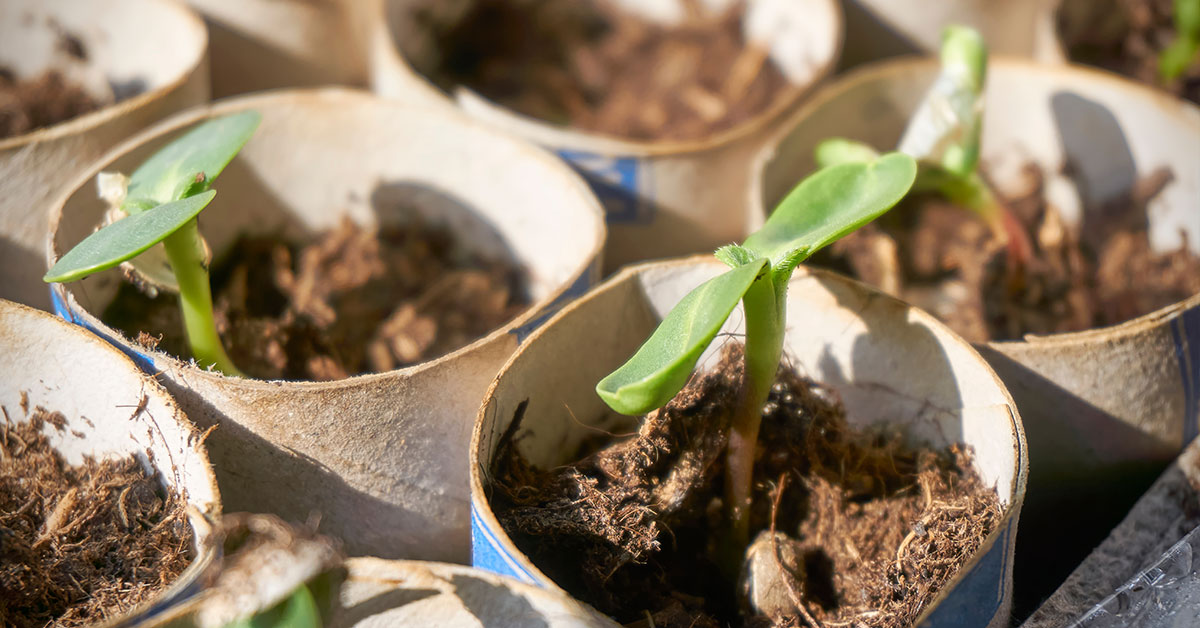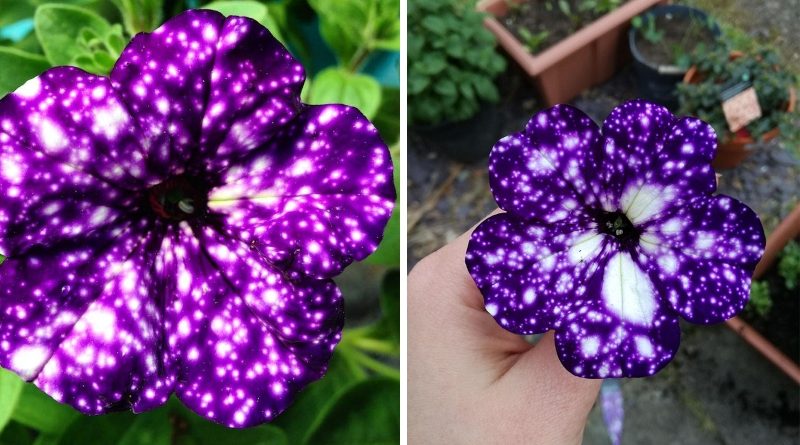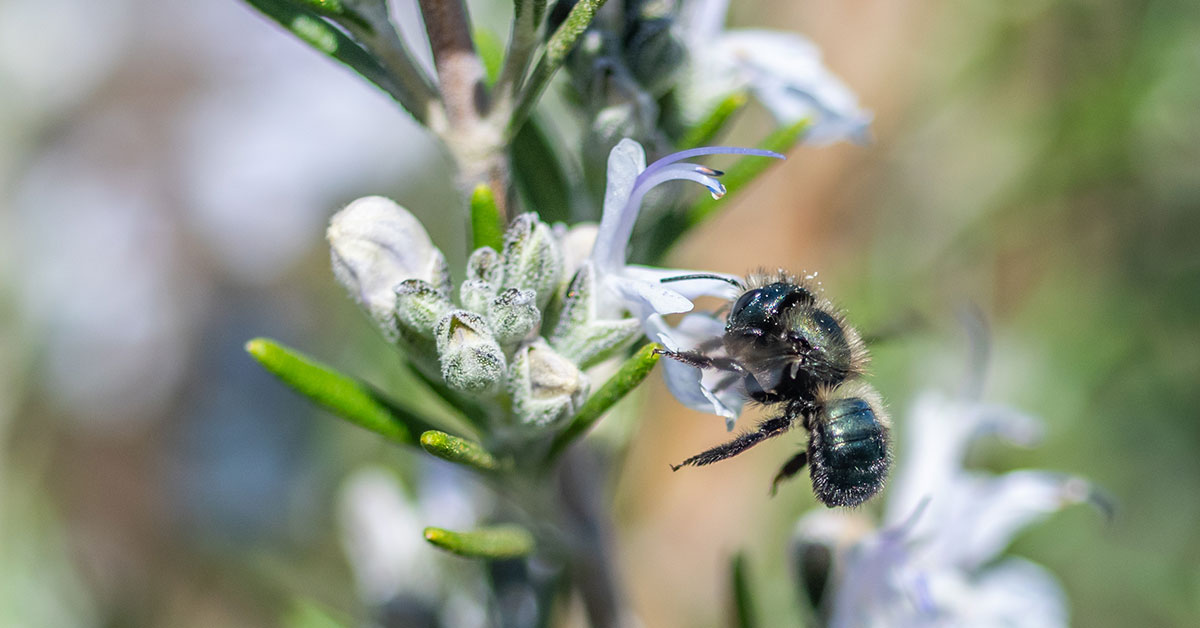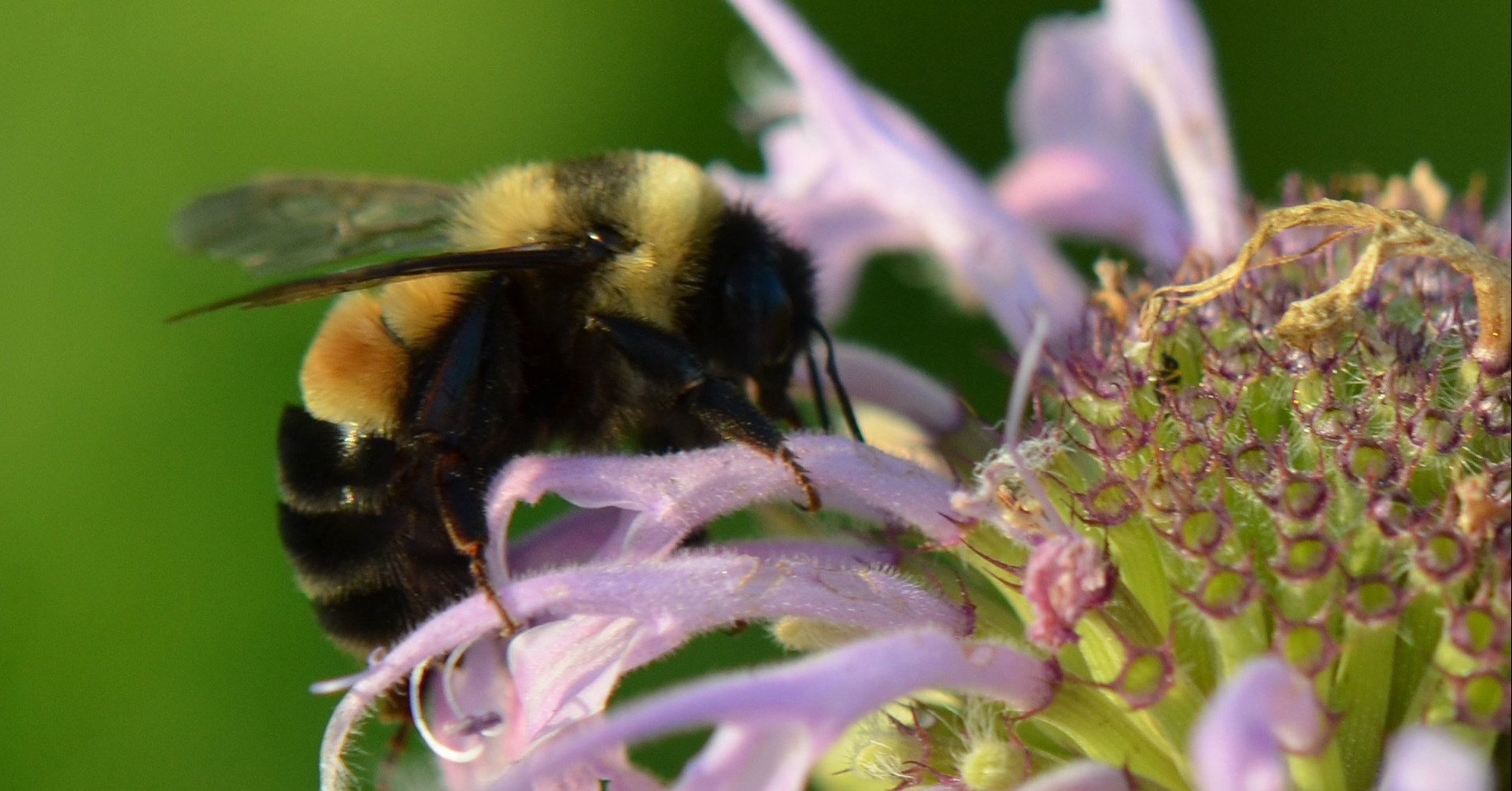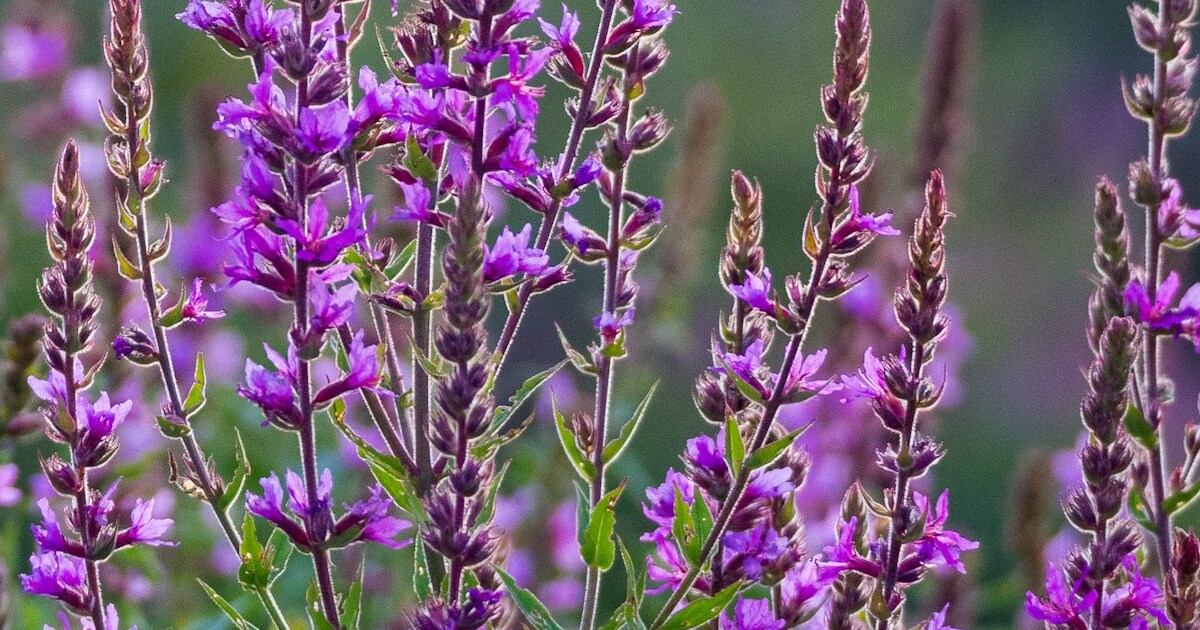Growing sunflowers in zone 5 is a rewarding experience. With a bit of know-how, you can easily bring the beauty of these iconic blooms to your garden. Sunflowers are a great choice for zone 5 gardeners because they thrive in a wide range of climates and they’re relatively easy to care for. Sunflowers can add a cheery splash of color to any garden and they make a great addition to any landscape.
With their tall, bright blooms, they can create a stunning focal point and provide a cheerful backdrop for other plants. Not only are sunflowers easy to grow in zone 5, but they also make a great addition to your garden due to their ability to attract pollinators and beneficial insects. With the right care, you can look forward to a beautiful display of sunflowers in your garden every year.
Growing sunflowers in zone 5
The cold climate of zone 5 can be difficult for sunflowers to survive in. Sunflowers are typically heat-loving plants and may not thrive in colder temperatures. To give your sunflowers the best chance at survival, it’s important to choose varieties that are bred for cold weather and shorter growing seasons. Look for varieties that are hardy in your area and can withstand any cold snaps.
In addition to selecting the right variety, you may need to provide additional protection for your sunflowers in the winter months. A layer of mulch can help insulate the soil and keep the roots of the sunflowers warm. You may also want to cover your sunflowers with a blanket or plastic sheeting if temperatures dip below freezing.
Some of my favorite varieties of sunflower include:
- Mammoth Grey Stripe Sunflower (Helianthus annuus) – 75-100 days to maturity
- Teddy Bear Sunflower (Helianthus annuus) – 60-90 days to maturity
- Red Sun (Helianthus annuus) – 65-95 days to maturity
- Autumn Beauty Sunflower (Helianthus annuus) – 75-90 days to maturity
- Lemon Queen Sunflower (Helianthus annuus) – 75-95 days to maturity
- Velvet Queen Sunflower (Helianthus annuus) – 90-110 days to maturity
- Dwarf Sunspot Sunflower (Helianthus annuus) – 60-90 days to maturity
- Giant Sungold Sunflower (Helianthus annuus) – 85-110 days to maturity
- Evening Sun Sunflower (Helianthus annuus) – 75-95 days to maturity
- Sundance Kid Sunflower (Helianthus annuus) – 75-95 days to maturity
When to start sunflowers indoors in zone 5
Sunflower seeds should be started indoors 4 weeks before your final frost date. In zone 5, the final frost date is around April 30th. You should also consider the size of the variety of sunflower you are planting, as shorter varieties can be planted earlier and taller varieties will need to be started later. Sunflowers should be started indoors around April 1st in zone 5.
Starting sunflowers from seed is a relatively easy process that can be done both indoors and outdoors. To begin, you will need to purchase sunflower seeds from a garden center or online. When selecting seeds, make sure to look for the desired variety you want to grow. Once you have your seeds, you can choose to start them indoors 4 weeks before the last frost date for your region.
Fill a seed tray with starter soil and moisten it with a spray bottle. Place your seeds on top of the soil, cover them lightly with starter soil, and water them gently. Place the tray in a warm and sunny spot and keep the soil moist. Once your plants have grown 2-3 sets of leaves, you can transplant them outdoors.
Planting sunflowers outdoors
Sunflower seeds should be planted outdoors after the last average frost date for your area. Planting sunflower seeds too early can result in poor germination and seedling growth and potentially death if there’s a hard freeze.
When planting outdoors, make sure the area has plenty of sunshine and well-draining soil. Dig a hole that is twice the size of the root ball, and fill the hole with compost or aged manure. Place the seedling in the hole and backfill with soil, then water deeply.
For the remainder of the sunflower’s life, make sure to keep the soil moist and fertilize regularly. With proper care, you should have beautiful sunflowers in no time!
